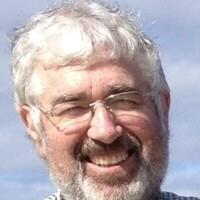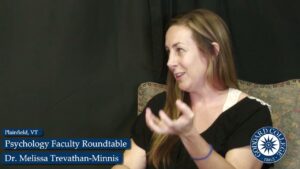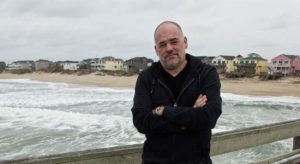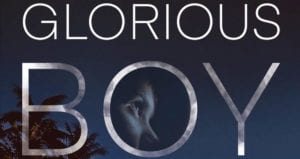 Rachel Pollack’s new book is an adult fairy tale! She answered a few questions for The Writer:
Rachel Pollack’s new book is an adult fairy tale! She answered a few questions for The Writer:
1) What was the inspiration for THE CHILD EATER?
THE CHILD EATER began as the two final stories in a collection of adult fairy tales, The Tarot Of Perfection, that I’d written some years before. Actually, three of the stories were involved, because elements of the first one, about a supposed “perfect” Tarot deck, became part of the background for the novel. So there was a good deal of material involved, which made it somewhat easier, since I had a bare structure for the story, but also more complicated, since, as I discovered, a novel is a very different creature than a short story or a novella. You cannot just expand the original material, it needs to be recast, reconfigured. One thing you get to do in the novel is explore and develop the world in far greater complexity. This is, of course, particularly true in a fantasy novel, but it would be the case in any work.
As for the inspiration for the original stories, they are interesting examples of where an idea might originate. The book moves back and forth between two boys (one of whom grows to be a man), who live in different worlds. Simon Wisdom lives in contemporary America, Matyas lives in a kind of medieval fantasy world where wizards, called “Masters” have the ultimate power. Simon’s story begins with his father Jack, and the source there was an idea, a man who has spent his life trying to be normal, to live down his family name, until he meets and falls in love with a mysterious and magical woman who talks to a pair of squirrels in the park. The source for Matyas’s tale is much more concrete. I write all my stories and books with fountain pens, many of them antique. Some years ago I bought a small but lovely gold pen from the 1920’s. The price was good because it had an engraved name on it, which some collectors dislike, but I find interesting. When it arrived, I saw that the name was “M. Matyas.” Immediately, the name Master Matyas came to mind, and the idea of a wizard who climbs to great heights, only to fall so far that he loses his very identity. So those were the origins, the starting points. Just as important were certain obscure but very intense Jewish myths about magic, mystical journeys, demonic practices, and so on, some of which I’d been thinking about for years, and even used, in very different ways, in previous works.
2) How did you “find” the main characters?
Having begun with a name on a pen, and a bare bones of an idea, a situation really, I began to explore who these figures might be. I decided that the reason for Matyas’s fall must come from childhood wounds, and so his father became an abuser , and the idea of becoming a Master became Matyas’s desperate means of escape. Simon’s father, Jack, on the other hand, became an opportunity to portray a man who deeply loves his child, but who almost loses him because of his, the father’s, inability to accept the magic that runs through their lives. The title character, the Child Eater, actually appears only in terrifying dreams and dreamlike encounters through most of the book. He is one of the elements inspired by Jewish mythology, not just one legend but a mix of several.
3) What did you do when the going got “rough”?
I drew on the advice and support of a small writers’ group (Alisa Kwitney and Darrah Cloud) I belonged to at the time, and then at a certain point my agent, who told me I just had to finish it, decide it was done and put it into the world.
THE CHILD EATER was released on July 7, 2015 (and the year before that, in the U.K.). Here is a link to a review from NPR online. http://www.npr.org/2015/07/16/423200086/-the-child-eater-has-an-appetite-for-dark-heartfelt-fantasy
Rachel Pollack is the author of 36 books of fiction and non-fiction, including two award-winning novels, a poetry collection, a translation (with David Vine) of Sophocles’s Oidipous Tyrannos (“Oedipus Rex”) and a series of books about Tarot that have become known around the world. Rachel has taught and lectured in the U.S. Canada, Europe, the UK, Australia, New Zealand, and China. Her work has been translated into 14 languages. Until her recent retirement, Rachel was a senior faculty member of Goddard College’s MFA in Writing program. She lives in New York’s Hudson Valley.







